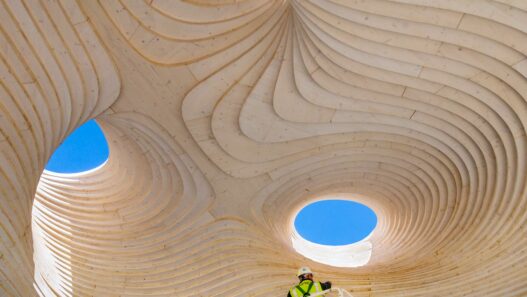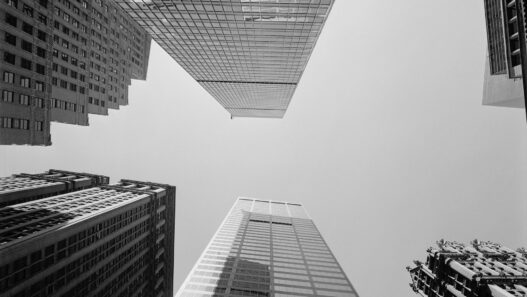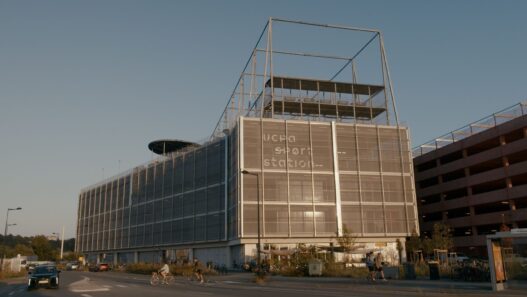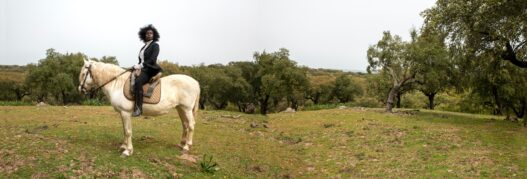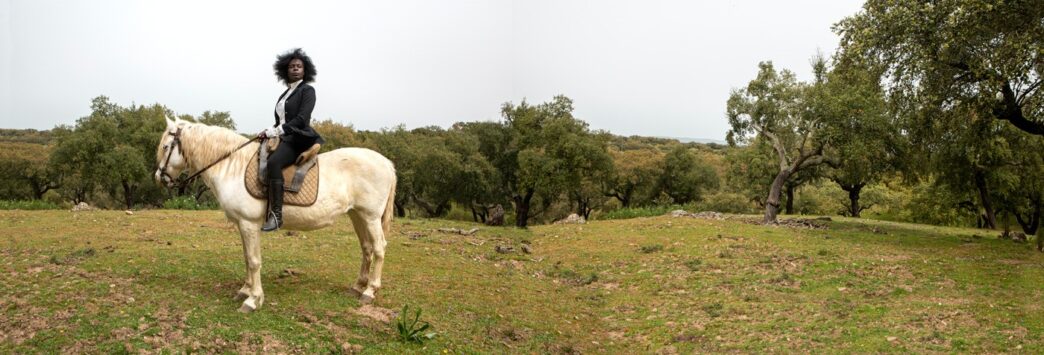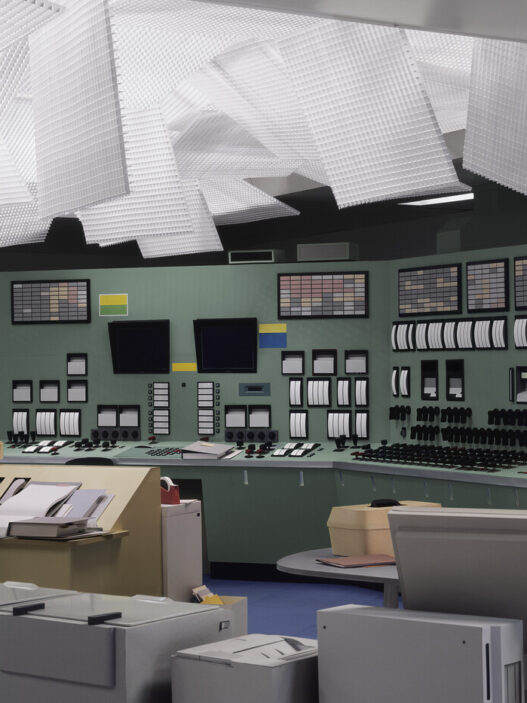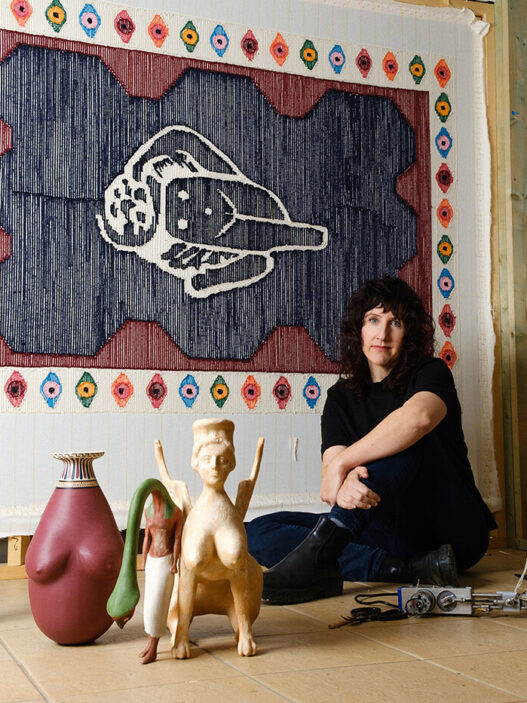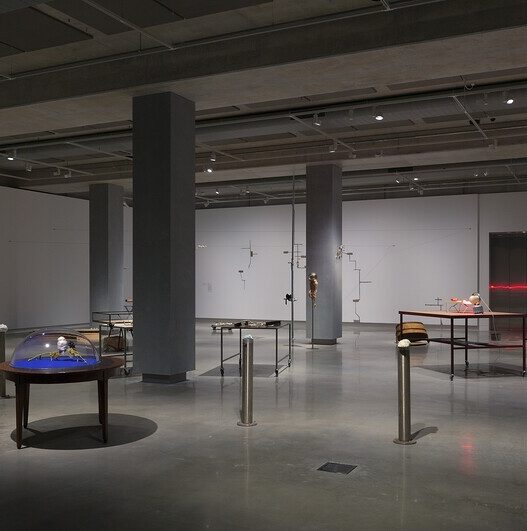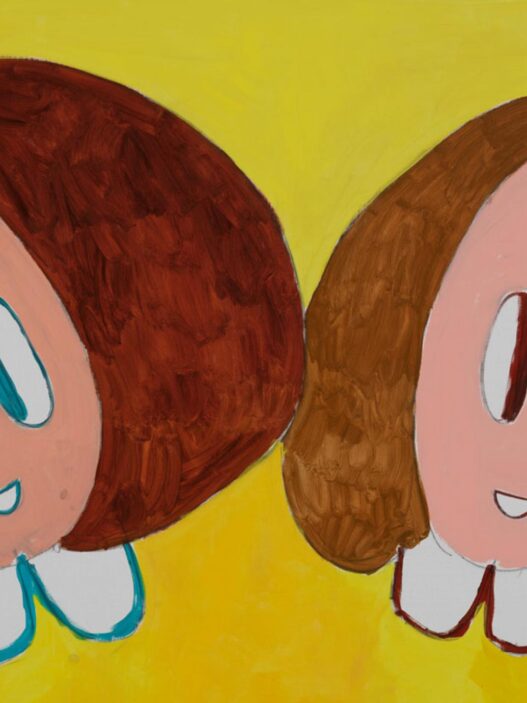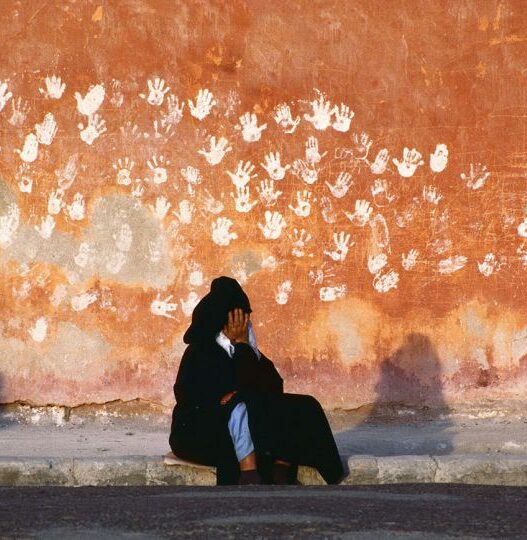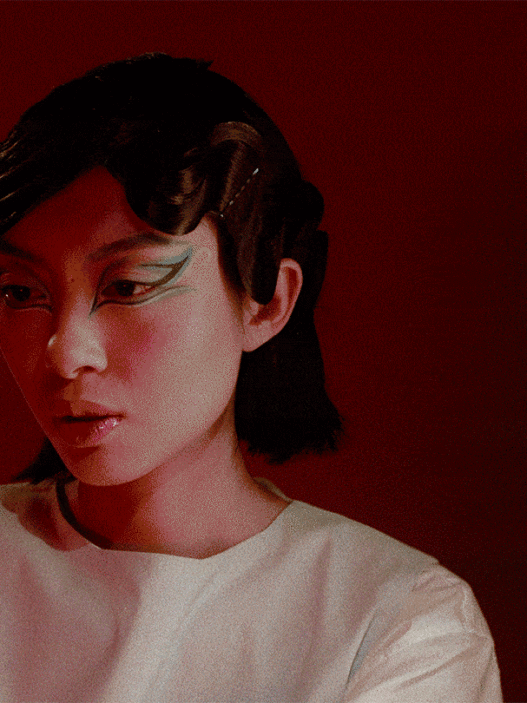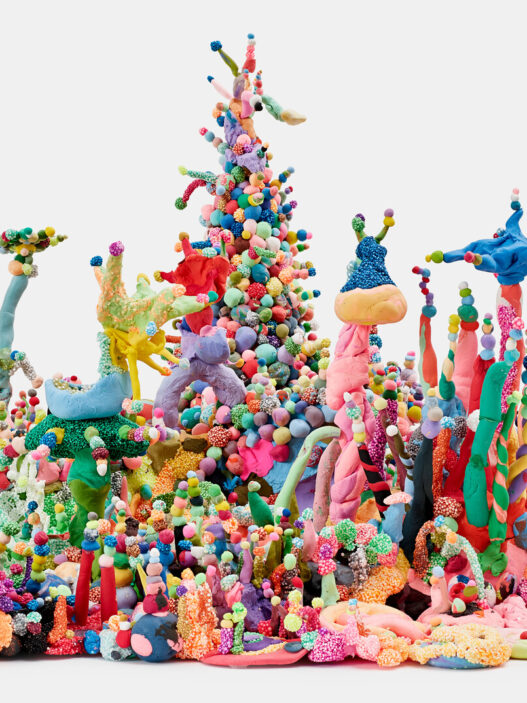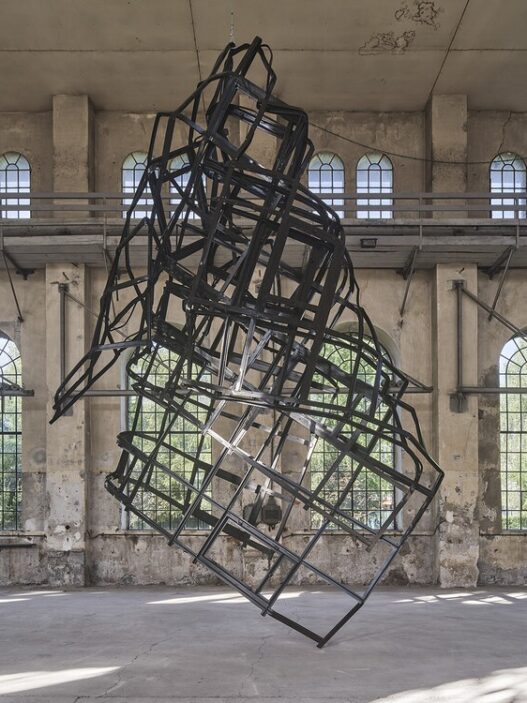June 24–October 22, 2022
Mónica de Miranda, a Portuguese-Angolan artist, bases her practice on research and is informed by postcolonial politics in regard to Africa and its diaspora. Her most recent work, The Island, considers the nuanced impressions of Afrodiasporic existence and the colonial heritage of Europe. By combining connected narratives and fusing truth and fiction, The Island examines the lengthy history of black presences in Portugal. It does this by drawing from African liberation movements, immigrant experiences, and identity forms via a black feminist lens.
De Miranda uses photography and film to illustrate the metaphor of the island as a perfect location for seclusion, escape, and collective imaginations that speak to both old and modern freedoms. The artist views soil as an organic memory bank where ancestral and ecological trauma related to colonial excavations continues to play out. Her work is rooted on ecofeminism and cultural affinities.
In order to create regenerative potential futures, The Island exhorts us to cultivate a more conscious relationship with our bodies, the past, and the places we occupy – and all that they carry.
The 37-minute film piece The Island and a related collection of pictures from Autograph’s project Amplify—Stranger in the Village: Afro European Matters, funded by the Art Fund, are on display in the show for the first time.
Curated by Renée Mussai and Mark Sealy.
About the artist
Mónica de Miranda is an Angolan Portuguese visual artist, filmmaker and researcher who works and lives between Lisbon and Luanda. Her work – which incorporates photography, video, drawing, sculpture and installation – investigates postcolonial politics of geography, history, and subjectivity in relation to Africa and its diaspora through a critical spatial arts practice. Often conceptual and research-based, de Miranda is interested in the convergence of socio-political narratives, gender, and memory at the boundaries between fiction and documentary.
De Miranda is affiliated with the University of Lisbon where she is engaged on projects dealing with ethical and cultural aspects of contemporary migration movements linked to lusophone Africa, such as Post-Archive: Politics of Memory, Place and Identity, and Visual Culture, Migration, Globalization and Decolonization. She holds post and undergraduate degrees in art and arts education from Camberwell College of Arts and the Institute of Education in London, and a doctorate in Visual Art from the University of Middlesex. De Miranda is a co-founder of the artist residency project Triangle Network in Portugal and in 2014, she founded Hangar – Center for Artistic Research in Lisbon
Her works have been exhibited internationally, including at the 12th Berlin Biennale (2022); Bienalsur – International Contemporary Art Biennial from the South (2020); Houston FotoFest Biennial (2020); Lubumbashi Biennale (2020); Dakar Biennale (2016); Bamako Encounters African Biennale of Photography (2016); and the 14th Architecture Biennale of Venice (2014) as well as in museums and galleries such as the Pera Museum in Istanbul (2017) and Caixa Cultural in Rio de Janeiro (2017). Her work is represented in public collections including The Museum of Art, Architecture and Technology (MAAT), The Calouste Gulbenkian Foundation, and The National Museum of Contemporary Art in Lisbon, Portugal.




